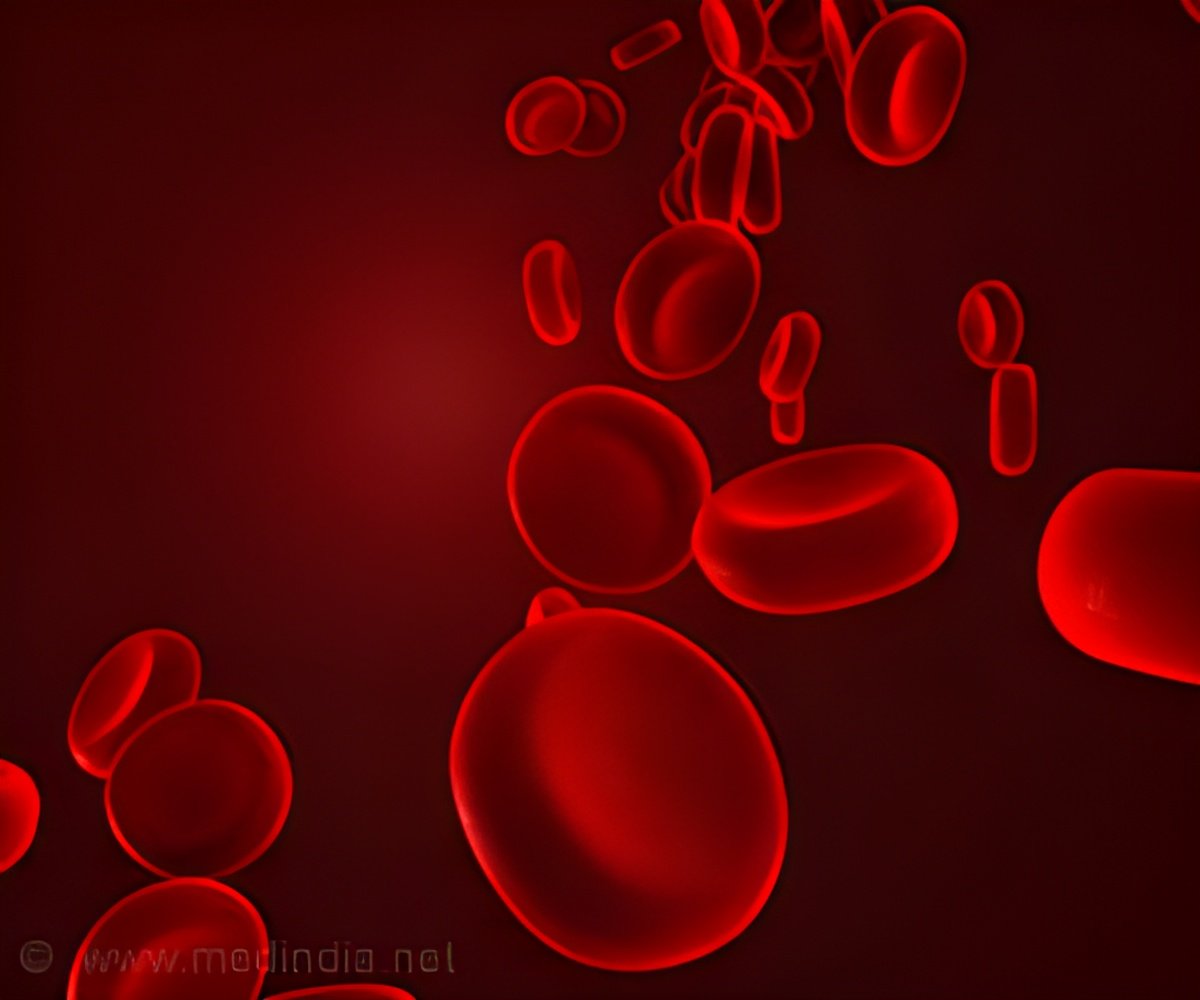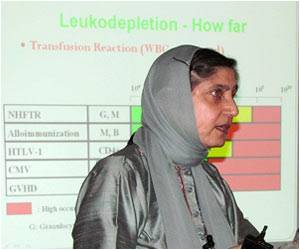Imagine if a blood type can be changed to suit the recipient’s needs? Canadian scientists have created an enzyme that could change any blood group into the universal blood type O.

Scientists at the Center for Blood Research Center of the University of British Columbia (UBC) say that they have found a possible solution to this issue. They have created an enzyme that could change any blood group into Type O.
The norm at present is that Type A blood group can only be used to treat A or AB people, and Type B can only be given to B or AB people. Type O is transfusion-friendly and can be given to anyone because it contains no A or B antigens. People with Type O group can donate to all blood groups but they can only receive from their own group.
According to the scientists, however, the new enzyme works by removing antigens from Type A and Type B blood, making it work like Type O. They used a new technology called directed evolution to create a mutant enzyme that's much more effective.
In their experiment, scientists inserted mutations into the bacterial gene that codes for the enzyme. Subsequently, they selected mutants that were particularly effective at removing the antigens. They did this for five generations and created an enzyme that was 170 times more efficient at antigen-clipping than its original predecessors.
David Kwan, the lead author of the study and a postdoctoral fellow at Department of Chemistry, UBC, said that the enzymes were able to snip off wide majority of the antigens in Type A and B blood.
Steve Withers, a professor in the Department of Chemistry, UBC, said that some more basic research and safety tests are required to substantiate these findings and bring this technology into everyday practice.
The enzyme would need to remove all of the antigens before it can be used in clinical settings because the immune system is highly sensitive to blood groups. Even a few incompatible antigens in a transfusion could activate an immune response and can be very harmful for patients.
The study was published in the Journal of the American Chemical Society. The study was supported by the Canadian Institutes of Health Research and Canadian Blood Services.
Source-Medindia















